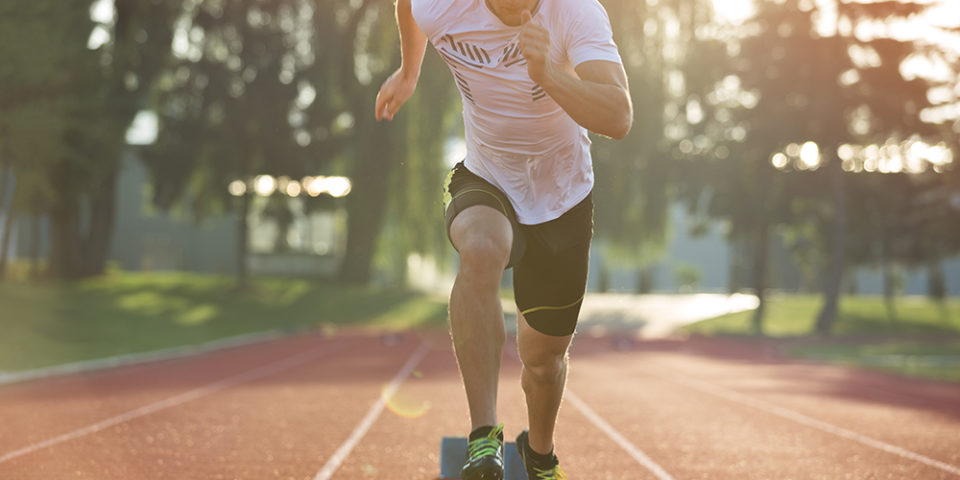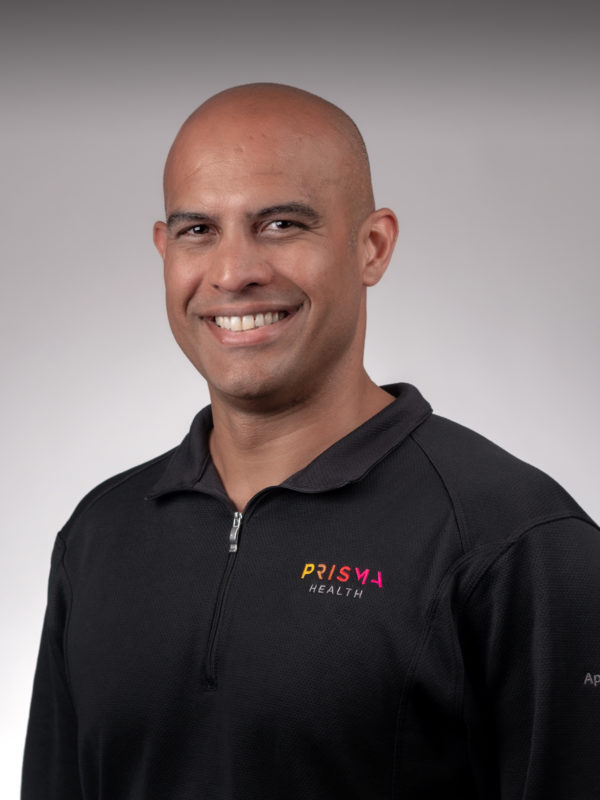Sports performance training during the summer
If you are a college, high school or middle school athlete, chances are good that summer is the only time you truly have an “off-season.” For most school-aged athletes, this is the only time of year where you’re not limited by school schedules or having to choose between school and club or travel ball athletics. That extra time and lowered pressure means you have increased time during the week to work on maximizing sports performance training during the summer to improve speed, athletic qualities, strength and power.
There are several things to take into consideration during this time, including goal orientation, life rhythm concerns and motivation. Stephen Venugopal explained how to make the most of sports performance training during the summer.
What is your training goal?
First, think about what your ultimate goals are when it comes to your sport of choice. Are you looking ahead to a possible football state championship for your school during the late fall or early winter? Are you interested in a club soccer season that stretches from August to January?
In that case, you’ll want to work toward consistent improvement and results in order to qualify for a playoff tournament that happens months later.
On the other hand, if your goal is to improve overall performance in specific skills, like those used in golf, you might not necessarily be planning for a specific event or events, but for general improvement over time.
“When looking ahead to a specific championship, like in the example of the football player, plan to peak your speed, power and strength when it comes to lift and movement at the beginning of July,” said Venugopal. “Spend June and the early part building up and then peaking over the course of about five to six weeks to see just how much you can improve in that time.”
Once you’ve peaked in early July, shift your focus to addressing any concerns you have and getting yourself in shape for the demands of upcoming pre-season training. Ensuring you peak before the pre-season begins will minimize soreness and discomfort.
Create a stable rhythm and routine
“The best way to achieve your results while training in the off-season is to develop a stable and consistent training preparation routine,” said Venugopal.
Having a scheduled routine to your work allows you to plan out time for recovery, too. Resting after intense exercise and sports training is essential for giving your body time to make those adaptations that help improve your performance and reduce injuries.
The same way that a coach plans their programs for heavy, medium and light days or for upper body, total body and lower body days during the season, the athlete also needs to plan their daily routine, sleep schedule, eating times, mental health and social pursuits based on ensuring they can improve their performance without overextending or even damaging muscles.
A schedule with free time helps prevent burnout
“As a side note to the importance of schedule and routine, make sure you also schedule time for fun and social engagement,” said Venugopal. “I’ve worked with many teams, and the most successful teams have players who enjoy their off-season with time for fun and friends alongside that training and performance improvement.”
Athletes or teams that don’t prioritize fun, social engagement and the simple act of having interests outside the game may suffer from mild or even severe burnout. Athletes who are burned out, no matter how hard they’re working, may struggle with markedly lower levels of motivation and performance. They also often struggle to work as effectively as a team.
What is your motivation?
“Beyond your goals, whether it’s specific improvements to speed or strength or general improvements in your sport, it’s important to consider what your motivation for improvement really is,” said Venugopal.
Choose your goal wisely, and speak to your sport coach, parents and a sports performance professional to come up with an off-season sports performance training plan that you really believe in and can commit to.
A good off-season should prepare and prime you for your upcoming season, and you’ll know if you made the right choices based on how you feel and how you perform. Take the time to make an accurate assessment of the time and resources you have available to dedicate to your goals, giving yourself some accountability.
Then take those last two to three weeks before the season begins to check on your achievements and focus on making sure you have a healthy schedule and routine, and condition yourself for the work you are about to do.
“No one else can be you or live your life for you,” said Venugopal. “Embrace the challenge of preparation in the off-season, and you’ll be able to more fully enjoy the challenges you’ll face in the upcoming competition.”
Find an orthopedic specialist you trust
Find a provider who’s right for you by viewing their online profiles, star ratings and reviews.
Find an Orthopedic Doctor

